- 3105 Patrick Henry Dr. Santa Clara, CA 95054 USA
- +1 408 962 3900
- info@picarro.com
- Careers
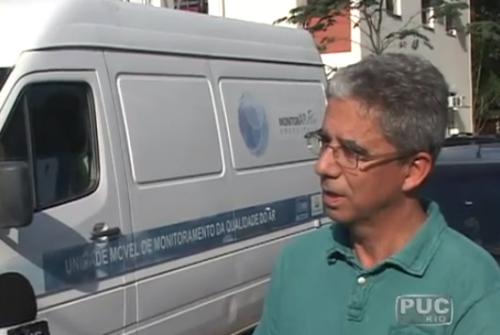 BRAZIL — The Brazilian bottled mineral water market is valued at a sizeable multi-billion liters produced annually. This large bottled water production associated with a surge in its seasonal demand presents a tempting opportunity for counterfeits to make their way into the Brazilian marketplace.
BRAZIL — The Brazilian bottled mineral water market is valued at a sizeable multi-billion liters produced annually. This large bottled water production associated with a surge in its seasonal demand presents a tempting opportunity for counterfeits to make their way into the Brazilian marketplace.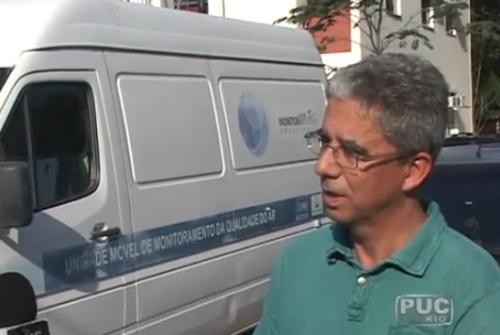
From Bottled Water to Ethanol: Using Stable Isotopes to Trace Origin & Detect Fraud in Brazil
/The Brazilian bottled mineral water market is valued at a sizeable multi-billion liters produced annually. This large bottled water production associated with a surge in its seasonal demand presents a tempting opportunity for counterfeits to make their way into the Brazilian marketplace. In Prof. José Marcus Godoy’s study, the use of stable isotope analysis (d18O & dD) was proven to be a valuable tool in tracing the origin of the bottled water to at least the state level within the vast territory of Brazil.
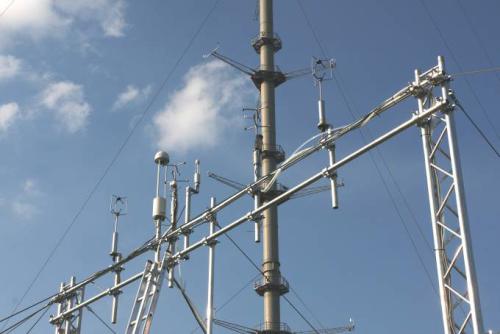
Picarro's Superflux at the Cabauw Superstation: InGOS Flux Instrument Trial
/While carbon dioxide (CO2) currently contributes to two-thirds of anthropogenic radiative forcing, the effects from other greenhouse gases (GHGs), such as methane and nitrous oxide, remain largely uncharacterized and could significantly impact the future of global climate change. In order to address uncertainties in emissions, the Integrated non-CO2 Greenhouse gas Observing System (InGOS) project is focused on improving and extending the European observation capacity for non-CO2 GHGs.
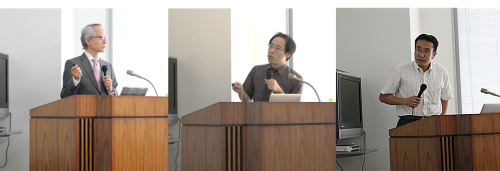
Cavity Ring-Down Spectroscopy (CRDS) Seminar in Japan, July 2012
/Climate and earth scientists gathered in Tokyo for a seminar on Cavity Ring-Down Spectroscopy (CRDS) hosted by Picarro’s partners in Japan, Sanyo Trading Co. Ltd. Special guest speakers, Dr. Naohiro Yoshida of Tokyo Institute of Technology, Dr. Hideki Nara of the National Institute for Environmental Studies (NIES) and Dr. Yoshito Chikaraishi of the Japan Agency for Marine Earth Science and Technology (JAMSTEC) provided talks on their diverse fields of research. Highlights included Dr. Yoshida's detailed progress on the study of isotopomers of N2O, CO2 and other molecules in the fields of earth and planetary sciences, food and biosciences.
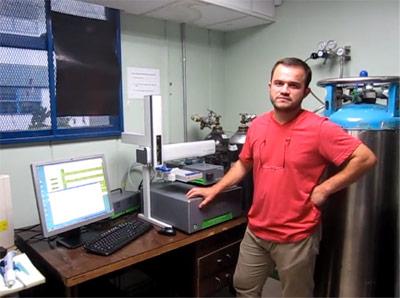
Hydrologist Ricardo Sánchez-Murillo Sets Up Costa Rica’s First Stable Isotope Lab
/Ricardo Sánchez-Murillo of the National University of Costa Rica foresees water challenges affecting even the wettest regions of the globe, such as Central America. Applying his experience gained from the University of Idaho-Moscow, he’s intent on finding solutions by studying Costa Rica’s little understood water systems.